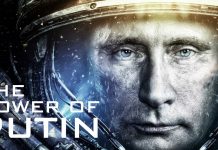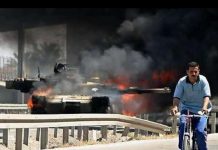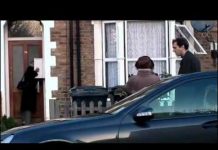An extended interview with Julian Assange recorded during the filming of John Pilger’s latest film, “The War You Don’t See,” delves into the complex and controversial issues surrounding the attacks on WikiLeaks and its founder, Julian Assange. The film presents a thought-provoking discussion on the state of journalism and power in today’s society and the impact of the information revolution on traditional power structures.
The film begins by highlighting the growing concern over the attempts by the Obama administration to corrupt the law and send Assange to a “hell hole” prison for the rest of his life. This is viewed as a reaction to the information revolution that threatens old power orders, both in politics and journalism. The film goes on to explore the use of secret grand juries and the potential indictment of Assange under a discredited espionage act, which has been used to arrest peace activists during the first world war.
The film also delves into the impact of the war on terror conspiracy statutes on American justice and how they have degraded the integrity of the judicial system. Judicial experts describe the grand jury as a deliberate setup, pointing out that this corner of Virginia is home to the employees and families of the Pentagon, CIA, Department of Homeland Security, and other pillars of American power.
The film also features an in-depth conversation between Julian Assange and John Pilger on the state of journalism and the role of the media in shaping public opinion. The discussion touches on the importance of independent media and the role of journalists in holding the powerful accountable. The film makes a compelling case for the need for a free and independent press in a democratic society and the dangers of government censorship and control of the media.
Overall, “Julian Assange In Conversation With John Pilger” is a thought-provoking and insightful film that raises important questions about the state of journalism and power in today’s society. It is a must-see for anyone interested in understanding the complex issues surrounding the attacks on WikiLeaks and its founder, Julian Assange.

































